Our team will reach out to discuss how we can alleviate your symptoms and help you reach your full potential.
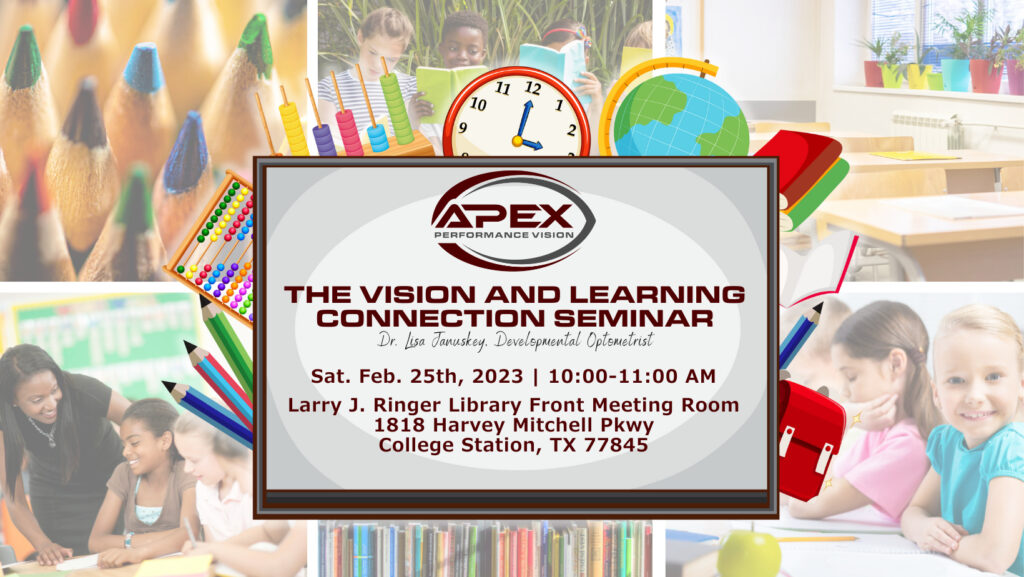
Pre-Register for our free seminar
This seminar will discuss how 17 different visual skills can affect a child’s ability to learn, especially their ability to read. Many children with 20/20 vision suffer from undiagnosed vision disorders because routine eye exams do not test for these conditions, and they are commonly misdiagnosed as ADHD or dyslexia. If your student is struggling academically, this is one seminar that you will not want to miss!

Common Symptoms and Conditions That Can Be Addressed with Vision Therapy

Academic Hardship
Because 80% of learning occurs visually and vision disorders are responsible for 68% of reading disabled children, vision therapy may be the right solution if your child struggles in school.

ADHD-like Symptoms
Vision disorders share 15 of the 18 signs and symptoms used to diagnose ADHD. Not only can vision therapy treat the vision disorders masquerading as ADHD, it can also improve visual attention.

Balance Issues
Balance is mediated by vision and is often compromised during a traumatic brain injury. If the cause of the balance disorder is due to an imbalance between the visual system and vestibular system, neuro-rehabilitation can help.

Concussions
90% of people with concussions have visual symptoms such as blurred vision, reading difficulty, trouble with eye movements, headaches with visual tasks, and light sensitivity. Neuro-rehabilitation can help you get your life back.
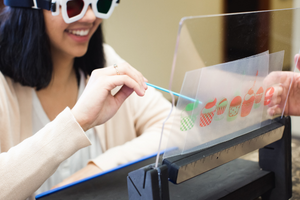
Convergence Insufficiency
Convergence insufficiency is the most commonly undiagnosed binocular vision disorder. As a result, many people struggle with reading and don't realize that the root cause is their eyes. The treatment of choice for convergence insufficiency is vision therapy.

Crossed and Lazy Eyes: Strabismus and Amblyopia
Vision therapy can help align people's eyes that turn in or out without strabismus surgery. It can also help improve the visual acuity of the worse seeing eye.

Dizziness, Motion Sensitivity, or Car Sickness
Dizziness, motion sensitivity, or car sickness can result from a vertical misalignment of the eyes, a traumatic brain injury, or post-concussion syndrome. Vision therapy can alleviate these symptoms.
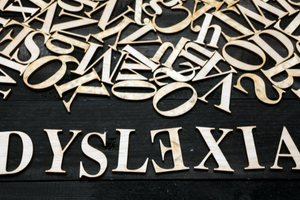
Dyslexia
If your child writes his letters backwards, can't identify reversals, or doesn't remember sight words, there is a strong probability that your child has trouble with laterality, directionality, visual memory, visual discrimination, and spatial skills. If so, vision therapy can help.

Eye Strain, Fatigue, and Headaches
Problems with the focusing (accommodative) system frequently result in eye strain, fatigue and headaches. They may also have words blur on the page or experience a lag in focus. Vision therapy can help.
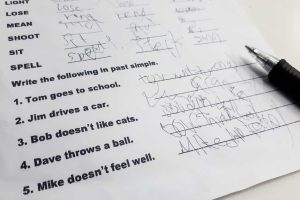
Handwriting and Poor Eye-Hand Coordination
The underlying cause of poor handwriting can be poor visual-motor integration a.k.a. poor eye-hand coordination. If your child writes crookedly, with poor spacing or inconsistent sizing, misaligns numbers, or crashes into everything, vision therapy can help.

Perceptual Disorders
Sometimes, the brain misinterprets, becomes overwhelmed by, or has trouble recalling what it sees. As a result, kids may not recognize the same word on a different page, may lose their place, or have trouble with spatial relations. Vision therapy can help.
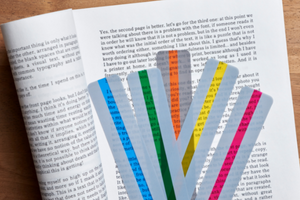
Poor Reading Speed, Efficiency, or Comprehension
Difficulty with reading can result from problems with eye movement control, eye-teaming (coordination between the eyes), or trouble focusing. If these are the underlying causes, vision therapy can help.
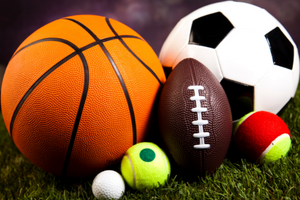
Sports Vision Training
Whether your athlete struggles with the basic plays, or is a talented athlete looking to optimize performance, sports vision training can take your athlete's game to the next level.
